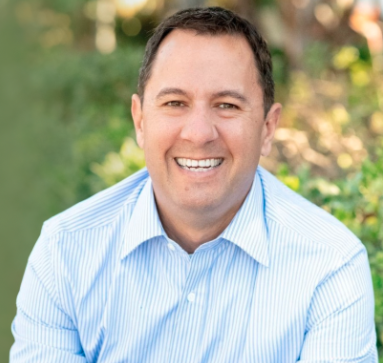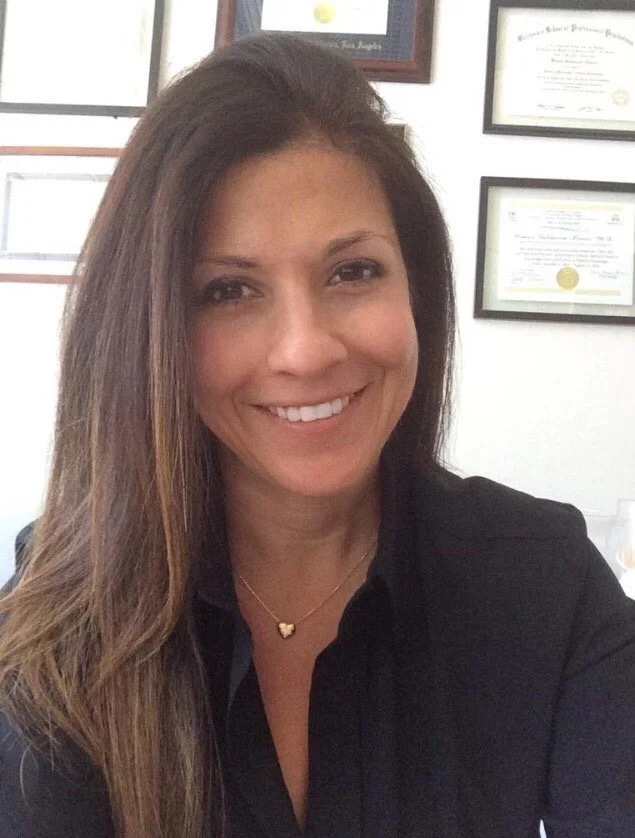
Mental Health Resources.
"Mental health care isn’t one-size-fits-all. That’s why our support is tailored for Type 1s."

Tips for Finding a Provider
Finding a provider that is uniquely prepared to handle the mental health challenges that come with type 1 diabetes can be difficult.
Here are a few tips from Lacy Simmons, LCSW and T1D.
⟶ Ask your Endocrinologist and/or Diabetes Educator for referrals
⟶ Search for "chronic illness" as a specialty
⟶ Inquire about sliding scale fees, which can often make costs more manageable
⟶ Use social media as a search tool
⟶ Be open to using Telehealth, it expands your access to equitable care
⟶ Be cautious with "coaching” - they can be helpful, but be sure to use in conjunction with your medical team
Where to Search for a Provider
-

Open Path Collective
Open Path connects clients in need with mental health professionals who offer affordable therapy.
-

Therapy Den
A mental health directory and resource made with love. Our mission is to make finding the right therapist or counselor as painless as possible.
-

Inclusive Therapists Network
Inclusive Therapists offers a safer, simpler way to find a social justice-oriented counselor, therapist or coach.
-

Good Therapy
With the right support, anyone can heal, change, and grow. With the GoodTherapy directory, you can find a screened and qualified therapist near you.
-

Psychology Today
Psychology Today has an extensive directory of the best Therapists, Psychologists and Counselors near you.

Browse our list of trusted providers here. At the moment, most of them are in Southern California, but we’re always looking to expand our list. If you have a recommendation for a resource, please send us your submission here. →
Our Provider Recommendations

Mental Health Statistics
Mental health conditions are a leading cause of hospitalizations for young adults with diabetes.
In 2015, they were the second most common reason for hospitalization among people ages 18–44 with diabetes.
Depression occurs at twice the rate among youth with Type 1 diabetes compared to their peers without diabetes, affecting around 11.3% to 27.5%.
Young people with Type 1 diabetes face unique mental health challenges.
People with Type 1 diabetes have an increased risk of depression, anxiety, and disordered eating, with disordered eating rates nearly twice as high.
Managing diabetes can lead to complex relationships with food.

Racism and structural inequities create additional barriers to health for Black, Indigenous, and people of color with diabetes, often impacting both mental and physical health.
These barriers make it harder to access the resources and support needed to manage diabetes effectively.
The cost of diabetes care, even with insurance, adds significant financial stress. On average, individuals with diabetes incur annual medical expenses of $19,736, with approximately $12,022 directly attributed to diabetes.
This financial burden can further complicate mental health and diabetes management.
But here’s the truth: we’re not alone in this.
Connecting with others who understand what we are going through can make a huge difference.
At You’re Just My Type, we’re creating a community where people with Type 1 diabetes can find strength, understanding, and encouragement to keep going—despite these realities.

Sources:
CDC - National Diabetes Statistics Report, 2015:
https://www.cdc.gov/diabetes/pdfs/data/statistics/national-diabetes-statistics-report.pdfCDC - Youth with Type 1 Diabetes and Depression, 2020:
https://diabetesjournals.org/care/article/44/5/1100/138738/High-Prevalence-of-Depressive-Symptoms-in-PatientsAmerican Diabetes Association - Mental Health and Diabetes, 2020:
https://diabetesjournals.org/care/article/44/5/1100/138738/High-Prevalence-of-Depressive-Symptoms-in-PatientsCDC - Health Equity and Diabetes, 2020:
https://www.cdc.gov/diabetes/health-equity.htmlAmerican Diabetes Association - Economic Costs of Diabetes in the U.S., 2022:
https://diabetesjournals.org/care/article/47/1/26/153797/Economic-Costs-of-Diabetes-in-the-U-S-in-2022

Advice From Type 1's
Want to be featured on our Instagram?
We’re always looking for Type 1s to highlight and share their stories.



















More Info →